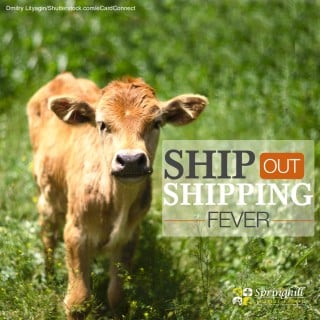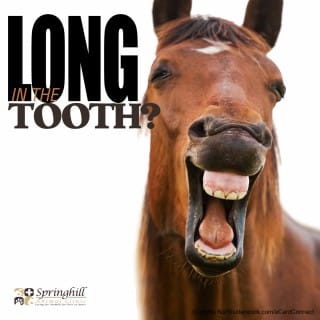Having a pet is a joyful and rewarding part of life, and looking out for his welfare is your first order of business as a responsible pet parent. Your pet counts on you to keep him safe from harm.
Whether your pet is lounging in the living room or exploring the great outdoors, there are several basic steps you can take to improve safety for him.
Make sure your pet is wearing a collar with up-to-date tags. Collars tell the world that your pet is part of a loving family. They also provide a way for anyone to restrain your pet if he gets lost, increasing the chances that you will see him again. Also consider getting a microchip for your pet. With a microchip, your contact information can be accessed with a scan at a shelter or clinic even if your pet loses his collar, greatly increasing the odds that your pet will make it back to his loving home.
Treat your pet for parasites like fleas, ticks and heartworms and vaccinate against harmful viruses.
Give your pet proper shelter from harsh weather. Never leave a pet in a car, and make sure plenty of fresh water is accessible at all times, especially during hot summer months. In the wintertime, let your pet inside or provide a warm, snug shelter.
Spay or neuter your pet. Taking this step not only prevents against unwanted litters, it also reduces your furry friend’s likelihood of roaming, meaning there is less likelihood your pet will end up lost or in trouble.
Keep your pet on a leash when outdoors to prevent him running off and getting into danger or getting lost. Even well-behaved pets can follow their curiosity out of sight or run off when spooked.
Avoid giving your pet people food. Some foods meant for human consumption are toxic to pets, including grapes, raisins, onions, garlic, and chocolate. Human foods also can cause obesity, which raises the risk of such ailments as heart disease, joint pain, diabetes and pancreatitis.
Store household chemicals, like pesticides and cleaning supplies, out of your pet’s reach and keep him away from toxic plants. While some toxins may only cause a stomach upset, others are quite dangerous if your pet even gets tempted to nibble at them. It’s better to be safe than sorry and avoid using plants such as hyacinth, dieffenbachia and philodendron in your home.
With a little care and attention, your pet will live a long and happy life by your side.



